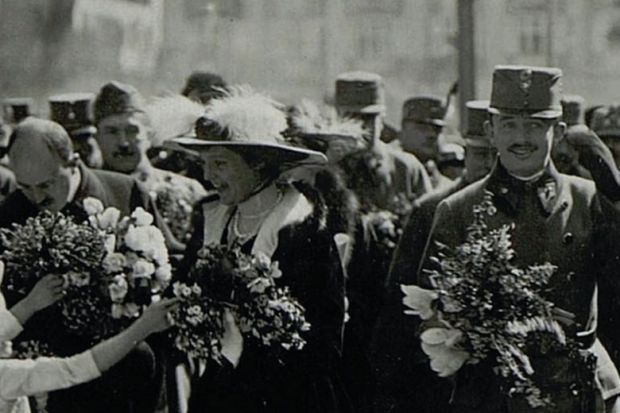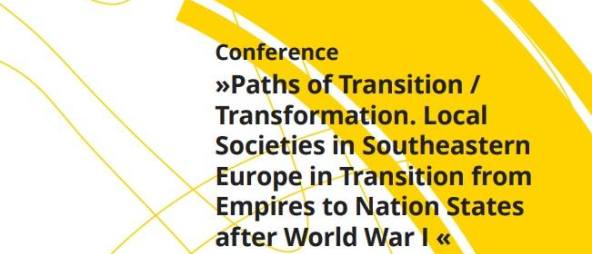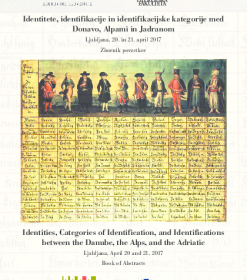23.–24.11.2017, Graduiertenschule für Ost- und Südosteuropastudien, München
The dominant understanding of the end of WWI in Southeastern Europe is still marked by the emergence of nation states, rashly nationalizing institutions, space and people at the ruins of empires. The fall of empires certainly meant the end of a specific experience of state building and configuration, one based on the dominance of a metropolitan centre over peripheries that were ruled in a differentiated way. Although the empires turned to nationalizing themselves under the pressure of and challenge by the nation-state model, they still left a legacy that new nation states, also imperialising entities, could not easily dispose of.
With the new idea and legitimacy of statehood and the new, uniform and “homogeneous” states in the making, local societies had to face a period of transition, a systemic change that aimed at the profound reconfiguration of state and social relations. However, what seemed as a straightforward development at the general level did not necessarily mean a similar transformation (comprehensive and sustainable social change) for local and regional societies.
Uneven transition can be explained with a broad range of factors. Revealing how and why these were effective in certain cases and failed to have an effect on other ones is a key issue for understanding the transition process. Comparison of such disparate (or even similar) stories across space would allow for revealing these factors behind different local outcomes and paths of transition. The types of change in local societies, the potential to gain agency, the significance of the changes for individuals with varying social backgrounds are just a few of the many themes that can be brought to the fore when the focus rests on local cases and they are analysed through a comparative lens. Therefore, the conference attempts to bring together a wide range of case studies that present material for further comparisons and the comparative study of certain problems.
Abstracts:
http://docs.wixstatic.com/ugd/1f1b7d_23612c1443054df1938c25f1d890e961.pdf
Program:
http://docs.wixstatic.com/ugd/1f1b7d_3b1ad3c1e3214d82a760f8a21261cc53.pdf



